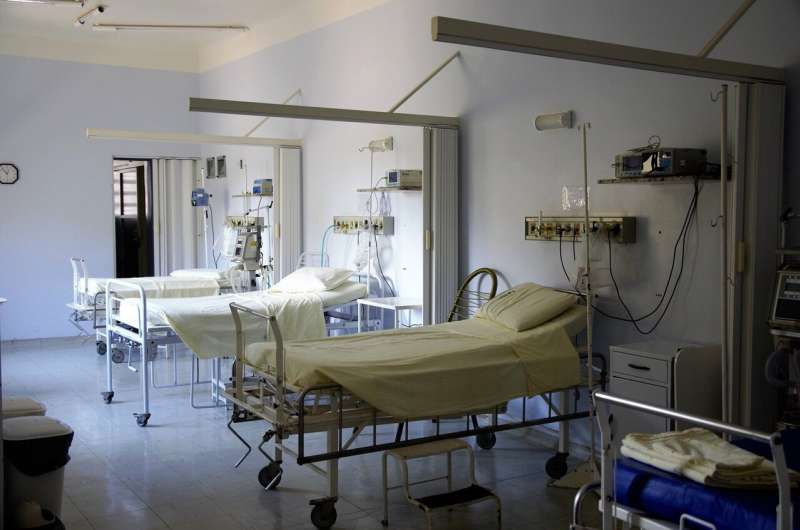Sustainable Practices in Healthcare: Is Reusing Medical Equipment Safe?

Exploring the safety and environmental benefits of reusing medical equipment, a recent study highlights sustainable solutions in healthcare that do not compromise patient safety while significantly reducing waste and emissions.
Hospitals generate considerable waste daily, partly due to the widespread use of disposable medical items like masks, gloves, packaging, and even some equipment such as stainless steel scissors. Since the 1960s, high-income countries adopted single-use medical products fueled by advancements in plastic manufacturing and a focus on preventing infections. While approximately 85% of this waste is nonhazardous and recyclable, improper sorting often results in hazardous waste that must be incinerated, contributing to increased greenhouse gas emissions.
To address environmental concerns, recent research has explored replacing traditional single-use items with reusable alternatives. A notable study examined the impact of switching from disposable absorbent pads, known as 'blueys,' to reusable linen pads in an intensive care unit (ICU) over two years. These blueys are layered tissue pads with waterproof backing, commonly used to absorb bodily fluids and protect bedding. The study aimed to assess waste reduction and ensure patient safety.
The study involved 2,114 ICU patients at a Melbourne hospital, comparing data before and after replacing disposable pads with reusable, cotton-based linen pads that can be washed and sterilized for repeated use. Results revealed significant waste reduction: in the year prior, nearly half a metric ton of waste was generated from disposable pads alone, which was entirely eliminated by switching to reusables.
Importantly, the study found no increase in pressure injuries—wounds that develop from prolonged immobility—indicating that the reusable linen did not compromise patient safety. Staff feedback was positive, acknowledging the sustainability benefits and ease of use after initial implementation. Although the research did not specifically measure infection risks, decades of international data support that proper sterilization of reusable linen aligns with safety standards.
This shift to sustainable practices delivers broader environmental benefits, considering Australia's healthcare sector accounts for up to 7% of the nation's greenhouse gas emissions. Making routine practices more eco-friendly not only reduces waste but also decreases emissions linked to waste incineration and landfill activities.
During the COVID-19 pandemic, the safety and sustainability of reusable personal protective equipment (PPE) were validated, emphasizing alternative approaches when supply chains are strained. Future research aims to conduct comprehensive life cycle assessments to compare the environmental impacts of single-use and reusable medical products, considering factors like energy and water use throughout their lifespan.
Overall, integrating reusable medical equipment into healthcare routines is a promising step toward more sustainable, safe, and cost-effective patient care. Empowering frontline healthcare workers with environmentally responsible tools is essential as they face the health implications of climate change and environmental degradation.
Stay Updated with Mia's Feed
Get the latest health & wellness insights delivered straight to your inbox.
Related Articles
Gene Variant Impairs Brain's Debris Clearance, Elevating Alzheimer's Risk
A recent study reveals how a gene variant disrupts microglia, impairing brain debris clearance and increasing Alzheimer's disease risk. Discover the latest genetic insights into neurodegeneration.
Nepal's Health Insurance Initiative: Challenges and Early Outcomes
A recent study evaluates Nepal's National Health Insurance Program, revealing challenges like low enrollment and administrative issues, while highlighting its potential to improve healthcare utilization with systemic improvements.
Pregnancy Heightens Risk of Serious Brain Injury in Women with Arteriovenous Malformations
Pregnancy can significantly raise the risk of brain hemorrhages in women with arteriovenous malformations, highlighting the need for targeted management during pregnancy.
Are Food Additives Responsible for ADHD Symptoms? The Complex Connection
Understanding the complex relationship between food additives and ADHD reveals that diet, genetics, and environment all play vital roles in behavioral health. Learn what current research suggests about the impact of food dyes and additives on hyperactivity in children.



